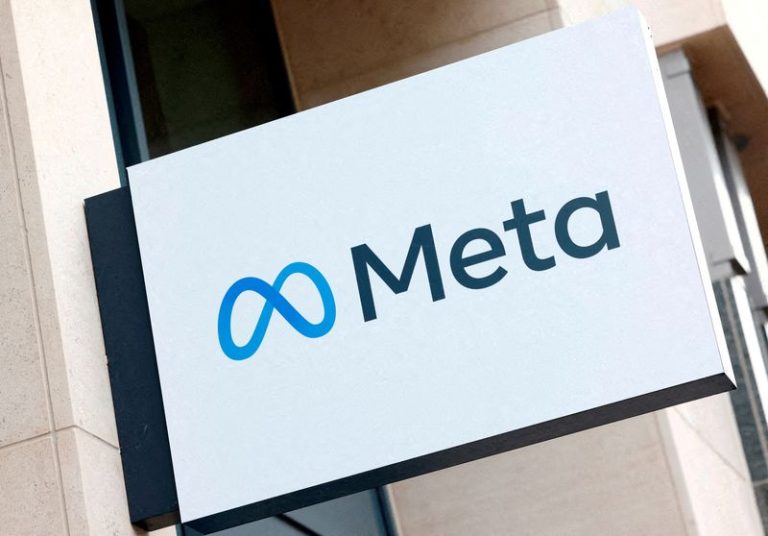By Timothy Gardner
WASHINGTON (Reuters) – Meta (NASDAQ:META) said on Tuesday it is seeking proposals from nuclear power developers to help meet its artificial intelligence and environment goals, becoming the latest big tech company to take interest in atomic power amid an expected boom in electricity demand.
The company wants to add 1 to 4 gigawatts of new U.S. nuclear generation capacity starting in the early 2030s, it said in a release. A typical U.S. nuclear plant has a capacity of about 1 gigawatt.
“At Meta, we believe nuclear energy will play a pivotal role in the transition to a cleaner, more reliable, and diversified electric grid,” the company said in a release.
U.S. data center power use is expected to roughly triple between 2023 and 2030 and will require about 47 gigawatts of new generation capacity, according to Goldman Sachs estimates.
But it will be tough to swiftly meet soaring power demand with nuclear reactors, as companies face an overburdened U.S. Nuclear Regulatory Commission, potential uranium fuel supply obstacles and local opposition.
Microsoft (NASDAQ:MSFT) and Constellation Energy (NASDAQ:CEG) announced a deal in September to restart a unit at the Three Mile Island plant in Pennsylvania in what would be the first-ever restart for a data center. That announcement followed a similar agreement in March in which Amazon.com (NASDAQ:AMZN), purchased a nuclear-powered data center from Talen Energy.
Meta said it is seeking developers with expertise in community engagement, development and permitting, and would consider either small modular reactors, an emerging part of the business that is not yet commercial, or larger nuclear reactors similar to today’s fleet of U.S. nuclear plants.
Meta said it will take submissions from developers that want to take part in the request for proposals until Feb. 7, 2025.
The company said it was using the request-for-proposal process because, compared to renewable energy projects like solar and wind, nuclear is more capital-intensive, takes longer to develop, and is subject to more regulatory requirements.
“An RFP process will allow us to approach these projects thoroughly and thoughtfully with these considerations in mind,” it said.
(This story has been corrected to fix the deadline for proposals from Jan. 3 to Jan. 7, in paragraph 8)

